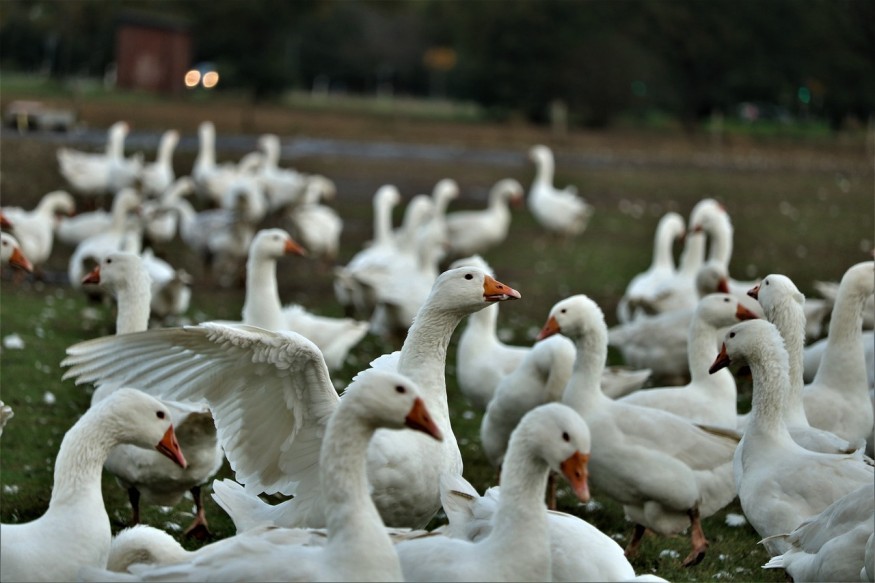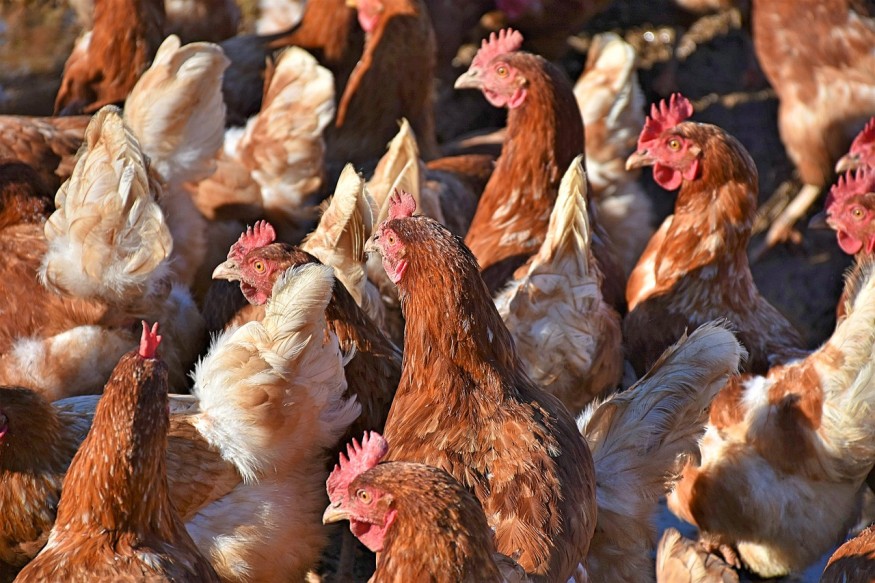
The spread of the H5N1 bird flu virus on US dairy farms is raising alarms among public health and agricultural experts, showing the urgent need for coordinated action to prevent a potential crisis. Despite the Centers for Disease Control and Prevention (CDC) describing the current risk to the general public as low, the virus's implications for the agricultural sector and food supply are profound.
Agricultural Impact and Economic Risks
The virus has significantly impacted the poultry industry, leading to soaring egg prices and millions in losses. Similarly, dairy farms are now experiencing disruptions as H5N1 spreads among cattle. While cows are less likely to succumb to the virus compared to birds, infected cows suffer decreased milk production and can become quite ill. Multiple states have seen farmers resort to culling infected cows to control outbreaks. The economic fallout is concerning, given the already significant losses in the poultry sector.
Dr. Jennifer B. Nuzzo, an epidemiologist and director at the Pandemic Center at Brown University School of Public Health, has stressed in an opinion piece for the New York Times: "The virus is lethal to birds and has caused hundreds of millions of dollars in losses to the poultry industry and left consumers with skyrocketing egg prices last year."
She further warned that the current lax surveillance and response measures are inadequate to protect agricultural workers and the broader economy.

Public Health and Safety Concerns
While the risk of H5N1 to the general population remains low, particularly as the virus does not spread easily among humans, there are still significant public health concerns. Nearly all human infections have been linked to direct contact with infected animals, primarily among agricultural workers.
Nuzzo noted, "As an epidemiologist, I join those who are concerned that as H5N1 continues to infect animals and people exposed to them, it could become a greater threat. The virus could mutate to gain the ability to infect people more easily."
Current research exposes the severity of H5N1 infections in humans, with about half of the nearly 900 global cases since 2003 resulting in fatalities. A recent study using ferrets, which serve as proxies for human flu response, showed that the virus can spread and be deadly, signaling its potential danger.
Food Safety and Consumer Guidance
For consumers, the immediate risk from H5N1 through dairy or meat products is minimal, provided that guidelines for consuming pasteurized milk and properly cooked meat are followed. According to tests by the US Department of Agriculture and the Food and Drug Administration, pasteurized milk and adequately cooked beef are unlikely to pose a risk. However, consuming raw milk or undercooked meat could be hazardous, as these have been linked to other pathogen outbreaks.
"Milk drinkers and meat eaters probably have little to worry about if they follow recommendations. Tests conducted by the U.S. Department of Agriculture and the Food and Drug Administration have so far confirmed that pasteurized milk and beef cooked to at least medium is unlikely to make anyone sick," Nuzzo said.
She emphasized that while current public health messaging should be balanced to avoid unnecessary alarm, the underlying threat to food safety should not be ignored.
Calls for Action
Public health experts urge agricultural and government leaders to take decisive actions to control the spread of H5N1 on dairy farms. Improved surveillance, systematic testing, and quicker response measures are critical to safeguard both workers and the broader public. Without such measures, the risk of the virus evolving into a significant pandemic threat remains a looming possibility.
"H5N1 is enough of a risk now to warrant action, before the virus becomes a pandemic threat to America. By that point, everyone will have to worry," Nuzzo said.
